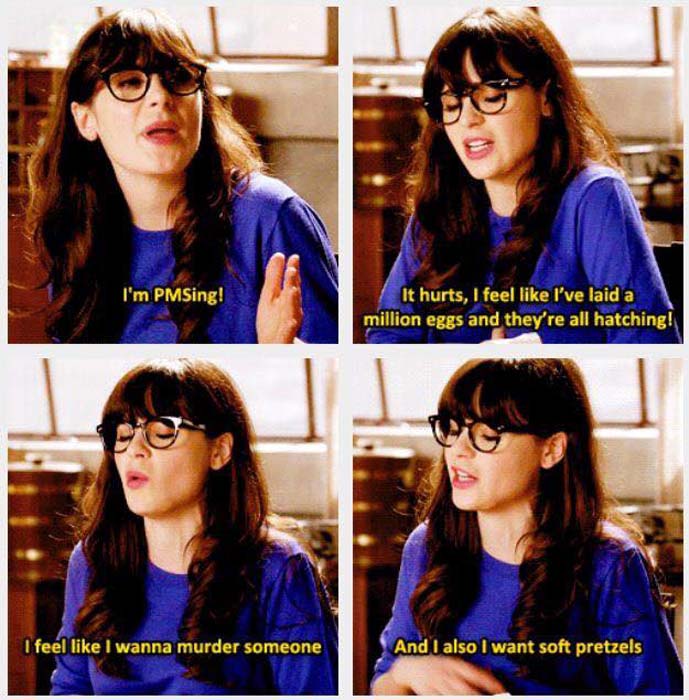

Social constructs of PMS typically emphasize the bad, making it hard to recognize positive emotions that can come before menstruation. Regardless of whether your rapid mood changes occur due to an underlying medical condition or another factor, certain things can trigger them. Really, a lot of talk about PMS and emotions is rooted in sexism and gender norms and not biologic fact. Following a muted initial reception, the 1981 film is now recognized as an offbeat horror classic, one that flicks between moods and genres with all the elegance and finesse of a manic depressive episode. People might also be concerned about “losing control over their emotions” during the time before menses when there is no real biological basis for this fear (4). Possession (1981) Few films have had such a dramatic rediscovery as Andrzej uawski’s demented masterpiece Possession. The term PMS describes the cluster of symptoms lots of women experience before their period turns up. Some girls find that heating pads or warm baths. Your mood and energy levels consistently change due to hormonal shifts during your cycle. Regular exercise can make cramps less painful and help with PMS symptoms. Youve likely learned what to expect from your body during menstruation, but hormonal fluctuations affect your body throughout the entire month.

Because PMS and PMDD have negative connotations culturally, people are more likely to track negative symptoms they might have before their periods (3). Mood changes and discomfort are common before and during a persons menstrual cycle. PMS symptoms can include depression, mood swings, an increase in irritability, anxiety and may even cause her to cry for no reason, or get angry with the people around her over things that she’d normally overlook, or laugh about. Historically, there’s been a tendency to label any deviations from an idealized normal as malfunctions, especially when it comes to the bodies of people who menstruate (2). these substances from their bodies the 7-10 days prior to menstruation. Most PMS and PMDD might simply be variations in human reproductive patterns instead of pathologies (1). Common emotional symptoms include irritability, mood swings, crying, depression. Premenstrual syndrome (PMS) and premenstrual dysphoria (PMDD) are two controversial concepts because they may be more cultural than medical.


 0 kommentar(er)
0 kommentar(er)
